In the high‑stakes world of executive compensation, few issues have sparked more controversy than the ongoing debate over Elon Musk’s compensation at Tesla, Inc.. At the heart of the conflict lies a compensation proposal so large, so bold, that it has reverberated through the realms of corporate governance, shareholder rights and executive accountability. The questions: How much should a visionary CEO be paid? When does incentive cross into excess? And what does this mean for governance of one of the most high‑profile companies in the world?

The Background: A Compensation Plan of Historic Proportions
In 2018, Tesla’s board approved a landmark 10‑year compensation package for Musk, tying his reward to a series of extremely ambitious performance milestones. The package, potentially worth about US $55 billion, included stock options vesting as Tesla achieved specified thresholds in market value, revenue and operating profit.
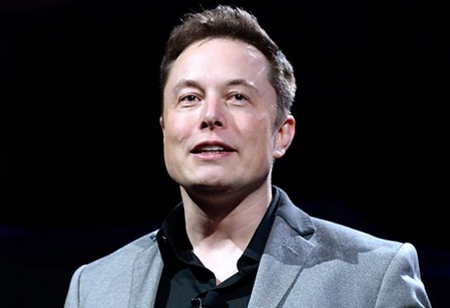
By early 2024, a Delaware judge struck down that plan, finding it was “deeply flawed” and that Musk’s influence over the board created serious governance issues. Meanwhile, in September 2025, Tesla’s board proposed an even more audacious package: up to US $1 trillion in potential stock compensation over the next decade, contingent on Tesla reaching a market‑capitalization target of around US $8.5 trillion and other performance benchmarks.

Arguments in Favor: Incentivising Visionary Leadership
Supporters of Musk’s compensation plan emphasise several key points:
Extraordinary value creation. Proponents argue that Musk has delivered exceptional growth and transformation: from near‑insolvent beginnings, through scaling vehicle production, to positioning Tesla in autonomous vehicles, energy storage and robotics. Linking his reward to ambitious future goals helps ensure he remains motivated and aligned with investor outcomes.
Tying pay to performance rather than salary. The package includes no traditional salary or cash bonus — compensation is entirely in the form of stock awards that vest only when Tesla hits defined milestones. In that sense, it’s argued, Musk is effectively paid only if he delivers.
Retention and continuity. Given Musk’s outsized role in Tesla’s identity, supporters contend that a large‑scale incentive plan is necessary to keep him committed, especially as he leads projects in artificial intelligence, robotics and next‑generation mobility. Tesla’s board chair, Robyn Denholm, has said the debate over dollars is “a little bit weird” because the key concern is voting influence and long‑term mission alignment.
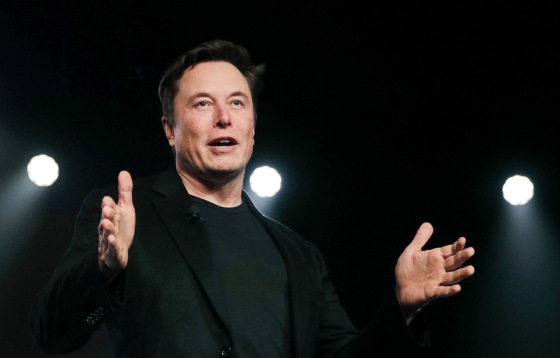
Arguments Against: Excess, Dilution and Governance Risk
Critics, however, raise a series of serious objections:
Magnitude and precedent. A compensation package potentially reaching US $1 trillion is unprecedented in corporate history. Proxy advisory firms like Institutional Shareholder Services (ISS) and Glass Lewis & Co. have formally recommended that shareholders vote against the deal. ISS described the deal as “astronomical” and insufficiently binding.
Dilution and ownership concentration. Critics highlight that even if Musk achieves only a subset of the milestones, the package could grant him hundreds of millions of additional shares, boosting his ownership stake substantially and diluting other shareholders.
Board independence and governance concerns. The 2024 Delaware ruling found Tesla’s board lacked true independence and was overly influenced by Musk when the earlier package was approved. That ruling raises deep questions about whether the board can effectively oversee Musk’s compensation and prevent conflicts of interest.

Focus and risk. Observers argue that Musk’s attention is divided among a portfolio of ventures — including SpaceX, Neuralink and xAI — raising doubts about his capacity to deliver on the aggressive targets at Tesla. ISS in particular warned the package did not guarantee his commitment to Tesla above other projects.
Legal and Shareholder Battles
The legal history is central to the debate. In January 2024, the Delaware Court of Chancery rescinded the 2018 pay package, citing flawed process, inadequate disclosure and excessive CEO influence over negotiations. The judge called the package “unfathomable” and emphasised that the board failed to show the arrangement was entirely fair.
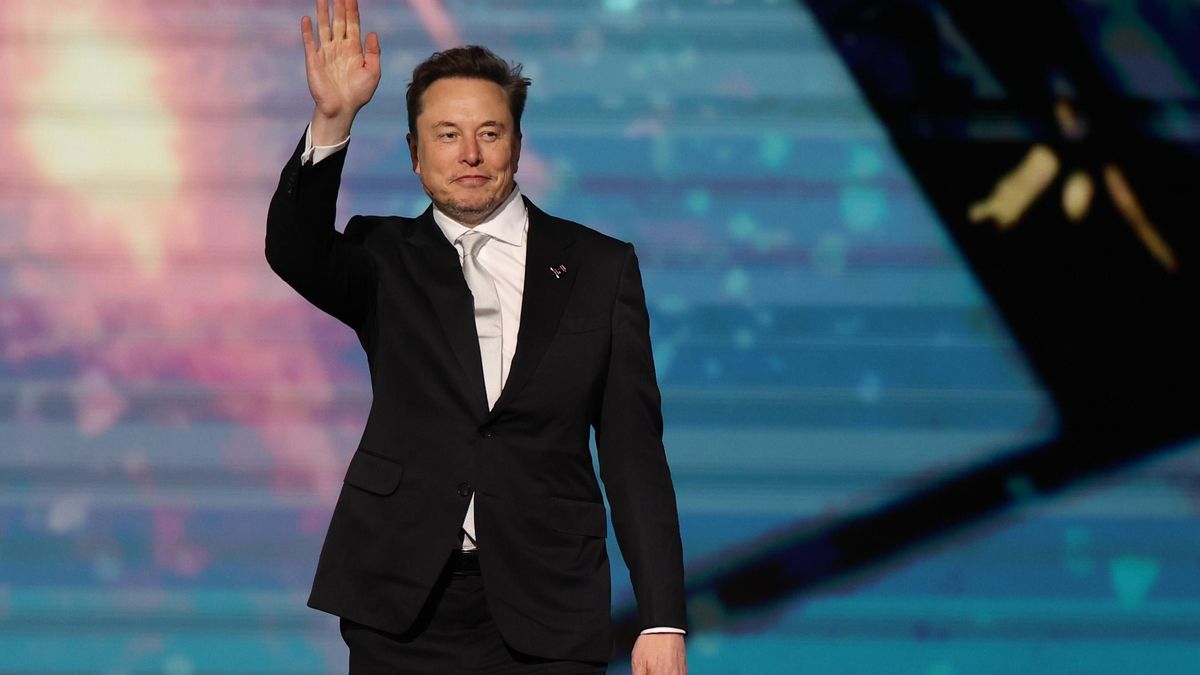
Despite a subsequent shareholder ratification vote in June 2024, the court held that the vote did not cure the fundamental governance problems. Meanwhile, Tesla’s board is under pressure to craft a new package that can pass muster.
For the 2025 proposal, the upcoming November 6 annual meeting has become a de facto referendum on Musk’s future and Tesla’s governance. Proxy advisors advising “no” mean that many institutional investors may withhold support, making the outcome uncertain.

What’s At Stake for Tesla & Its Investors
The stakes for Tesla’s shareholders are multifaceted.
Retention of Musk: For many investors, Musk’s absence would be a severe blow to Tesla’s strategic vision and brand. Supporters argue the compensation plan is the price of keeping him.
Shareholder value and dilution risk: A giant pay award could undermine value for existing shareholders if dilution is material and performance falls short.
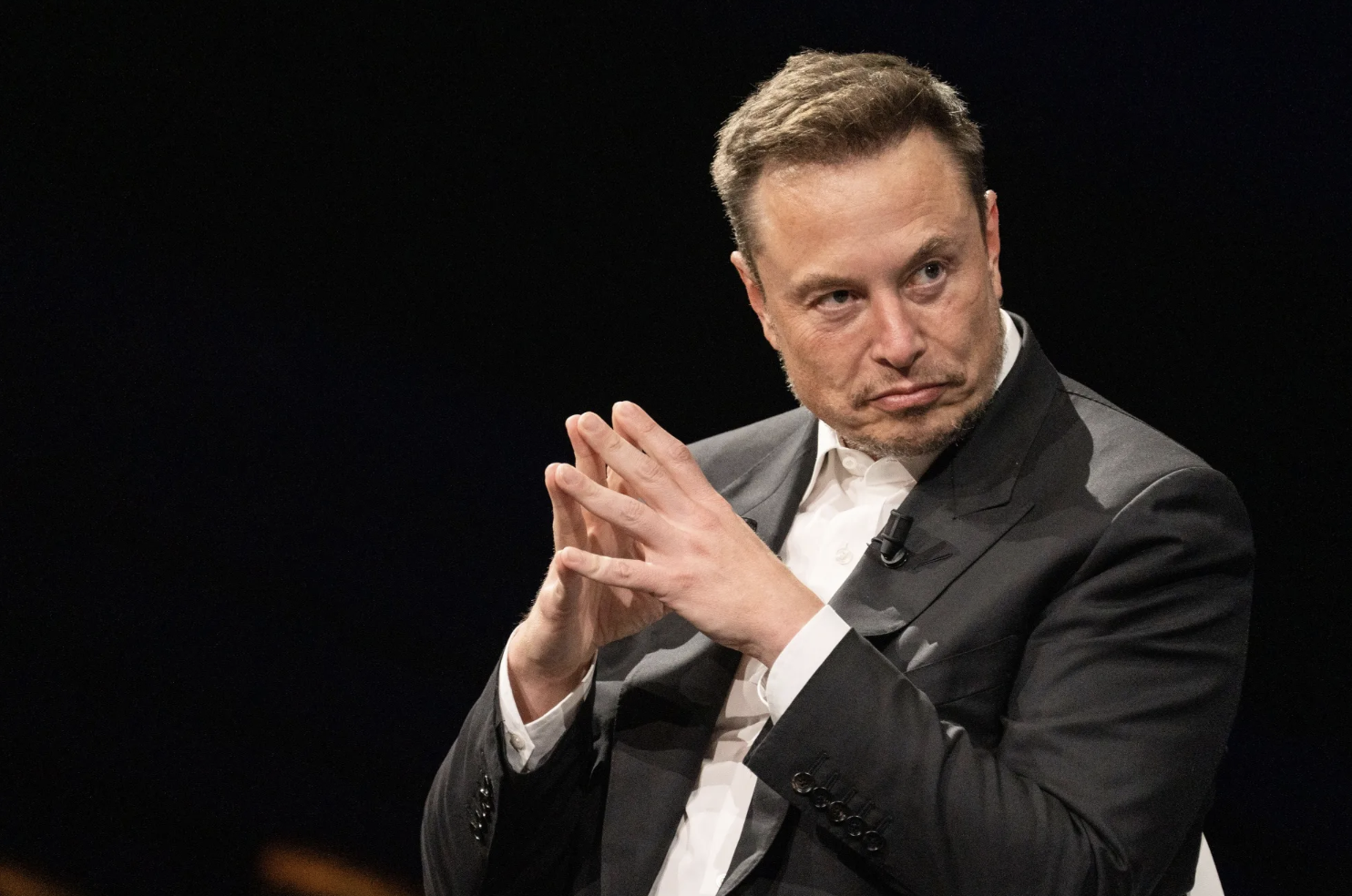
Governance signal: The vote will broadcast how seriously Tesla treats board independence, director accountability and executive oversight. A perceived failure could reduce investor confidence.
Company trajectory: The plan is tied to Tesla’s pivot beyond EVs into AI, robotics and autonomous mobility. A yes vote signals backing for that vision; a no vote could suggest scepticism or desire for alternative leadership.
The Timing and Broader Implications
Timing is key. Tesla has entered a more challenging era: growth is no longer as exponential, competition in EVs is intensifying, regulatory risk is rising, and Musk’s parallel ventures further complicate his focus. It is arguably a moment for consolidation, oversight and clearer governance.
At a broader level, the debate speaks to a larger question: how should superstar founders and CEOs be compensated when their personal brand is so entwined with the company’s value? How can boards balance rewarding visionary leadership with protecting shareholder interests and maintaining independent oversight? Tesla’s case may become a test‑case for corporate governance in the age of founder‑CEOs.

Possible Outcomes and What to Watch
Key outcomes to watch include:
Vote result: If shareholders reject the plan, Tesla may face a leadership crisis, with Musk’s departure or a negotiated alternative. If approved, it sets a precedent for ultra‑large CEO compensation tied to futuristic targets.
Performance metrics deliverability: Can Tesla meet the stratospheric targets (e.g., market cap rising several‑fold, robotaxi deployment, manufacturing scale)? Failure could leave large awards unearned, but success could justify the risk.

Board changes: Will Tesla strengthen board independence, director accountability and compensation‑committee oversight? Follow‑up governance reforms will be telling.
Dilution impact: How many shares will Musk receive if milestones are hit, and what will be the dilution for existing shareholders?
Exit strategy and successor planning: The plan includes long‑tenure retention incentives; will there be clarity on succession if Musk steps aside, and will the board’s ability to remove him be preserved?
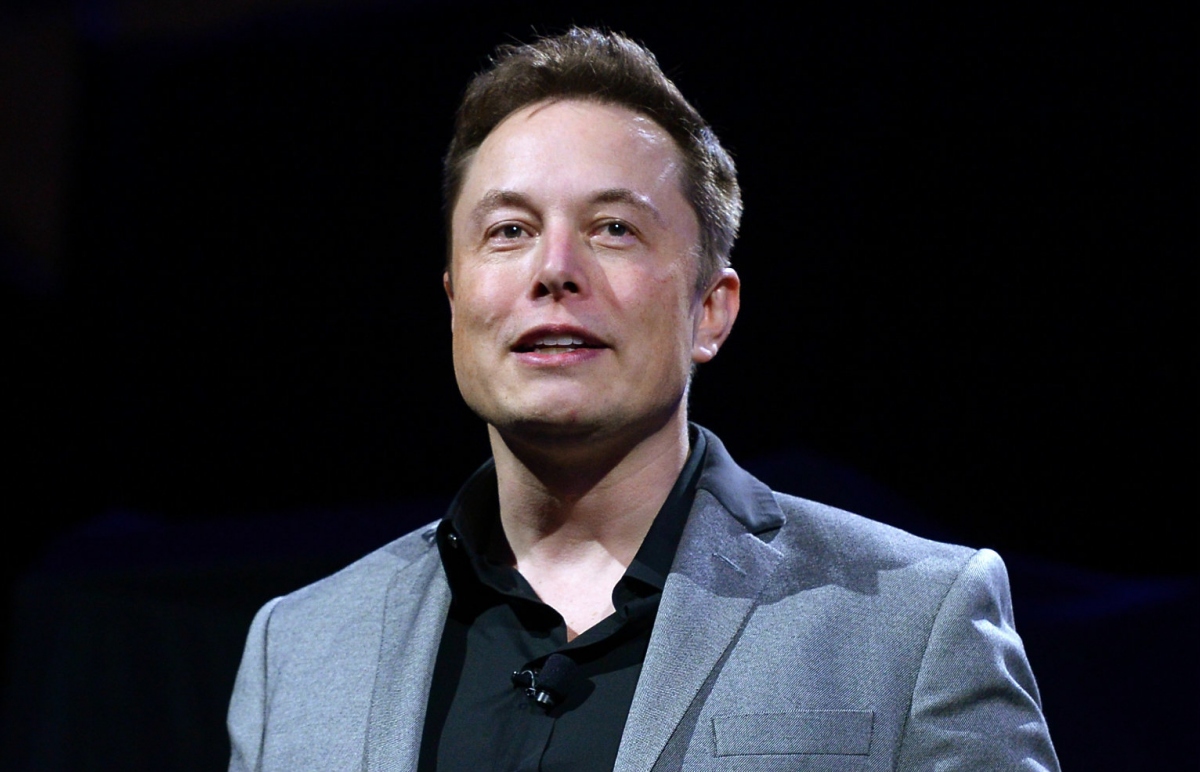
Conclusion
The debate over Elon Musk’s pay package at Tesla is far more than a story about one individual’s compensation. It touches on how modern corporations with charismatic founder‑CEOs are governed, how the interests of shareholders are protected, and how risk and reward should be shared when a company bets on a singular vision.
On one side lies a narrative of visionary leadership rewarded for delivering outsized growth and taking bold risks; on the other, a cautionary tale of governance compromise, excessive rewards and dilution of shareholder value. The upcoming shareholder vote, the board’s actions and Tesla’s subsequent performance will shape the outcome — and could influence how big‑ticket CEO pay is viewed across corporate America for years to come.

In the end, the central question remains:Does Elon Musk deserve compensation measured in the hundreds of billions — or does the size of the package undermine the principles of governance and accountability that publicly traded companies are meant to uphold? The answer may define Tesla’s future — and set a precedent for countless companies where founder‑CEOs hold sway.
